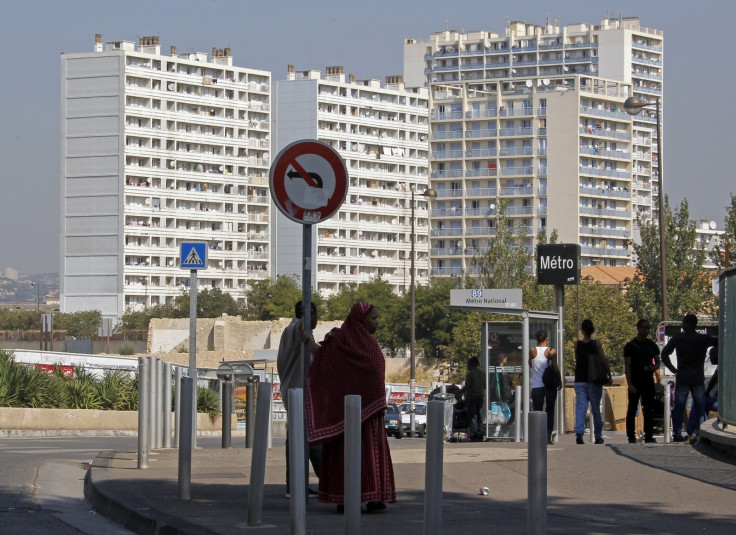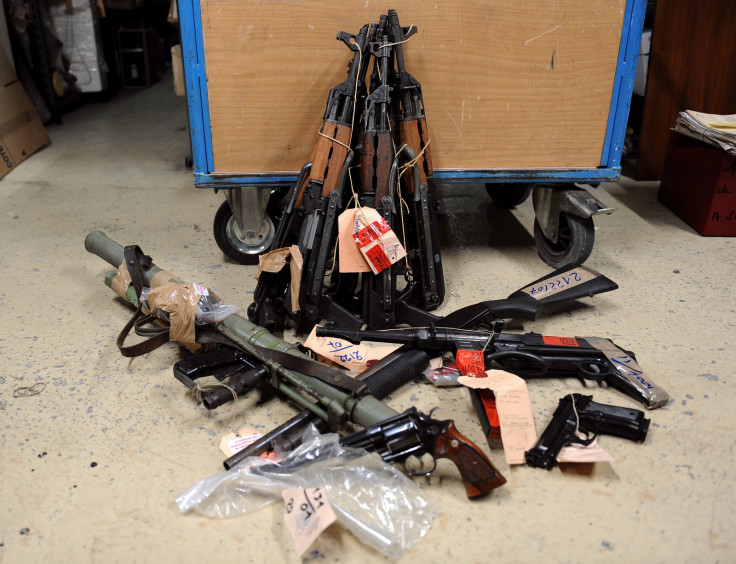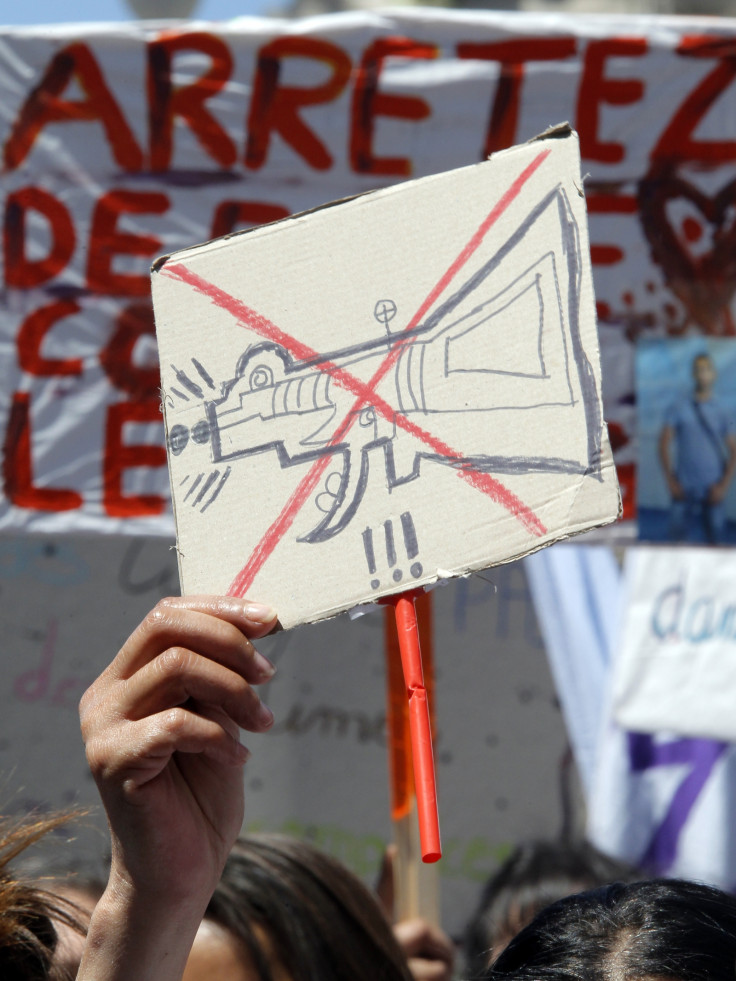Bodies pile up in gangland Marseille drugs war between the 'Blacks' and 'Gitans'
IBTimes UK speaks to French authorities about the alarming rise in gangland slayings in 2016.

The bloodbath continues in Marseille as two people became the 24th and 25th victims of gangland slayings over the weekend in the French southern city.
At times referred to as France's "capital of crime", Marseille is experiencing a bloody year against a backdrop of war between ultra-violent rival gangs that have been destabilised by the state's dismantling of drug trafficking networks.
While a man was shot down on the parking of a nightclub last weekend, a well-known gangster was murdered in a deserted street earlier last month.
Asked to comment, Mathieu Duroselle, a spokesman for the Prefect of Police of the Bouches-du-Rhône, said the prefect - who is the only person authorised to give information about the matter - "is extremely busy these days (because) of all these questions".
'Significant rise' in gangland slayings incidents
In a statement sent to IBTimes UK by his office, however, Prefect of Police Laurent Nunez highlighted "the increase" in bloodysettling of scores in the department since 2015.
So far this year, 25 people have been killed in 21 shootings - six of which happened in August alone - a figure significantly higher than the average total. In comparison, 19 people died in gangland slayings overall in 2015 - of which 13 were killed between January and end of August 2015.
An average 20 gang-related killings have been reported around the city every year over the last 20 years - or 1,286 murders since 1996, according to data from the Prefecture of the Bouches-du-Rhône département, where Marseille is located.
In his statement, Nunez highlighted that there was "no link" between last month's six incidents.

'Blacks', 'Gitans', Remadnia and Berrebouh-Tir
The recent spate of killings in the Mediterranean port city of Marseille has been linked to turf wars between multiple rival gangs – including long-term foes 'Blacks' and 'Gitans' (French slang for Romani people and travellers). Young gang members, who have typically grown up in rundown estates in the city's poorest neighbourhoods, battle for control of the lucrative drugs trade – mostly cannabis.
While their turf war dates back to the late 2000s, it has accelerated in recent months. The Bouches-du-Rhône Prefecture told IBTimes UK it believes the resurgence in violence was due to the dismantling of a network belonging to the Blacks in a neighbourhood north of Marseille, upon which the Gitans decided to try and take over, or entirely eliminate, the competition.
But the violence is also linked to two narco-clans operating in Marseille: the Remadnia, and another family made up by member of the infamous Tir and Berrebouh families.

"The causes of bloodysettling of scores against a backdrop of drug trafficking are twofold: turf wars linked to disturbances generated by intensified police efforts that dismantle networks followed by attempts to recapture (territory), but also the sheer vendetta phenomena linked to these turf wars," Nunez explained.
Rise in slayings despite intensified police efforts
According to the chief, police have dismantled 42 drug trafficking networks since May 2015, which in turn enabled the judiciary to imprison 141 drug traffickers in the department. In total, over 800kg of cannabis, 14kg of cocaine, 73kg of synthetic drugs such as ecstasy and amphetamines were seized as well as €1.7m (£1.43m, $1.91m).
Nunez highlighted how, since the beginning of the year, the number of suspects prosecuted on related drug trafficking charges in the department was "up 50%", while the seizures of firearms also increased 81% – 283 so far in 2016 compared to 156 in 2015. In the city of Marseille alone, authorities recorded a 75% rise.
The rise in gangland slayings should not lead to the assumption that Marseille is "being shot up and bloodied", because, he insisted, the number of voluntary manslaughters – including score-settlings – had significantly decreased over the same period. Violent delinquency has been falling over the past three years, Nunez added.
In 2013, a YouGov poll found that nearly six out of 10 French voters backed the idea of sending the French army into Marseille to deal with the rising number of drugs-related killings in the city.
Corinne Ferraro, head of press for the municipality of Marseille, told IBTimes UK she could not comment on the bloody settling of scores in the French city. "(Marseille's) elected officials don't communicate on these cases," Ferraro said over the phone. "We, the local authorities only manage the municipal police. The rest is down to the state."
© Copyright IBTimes 2025. All rights reserved.





















